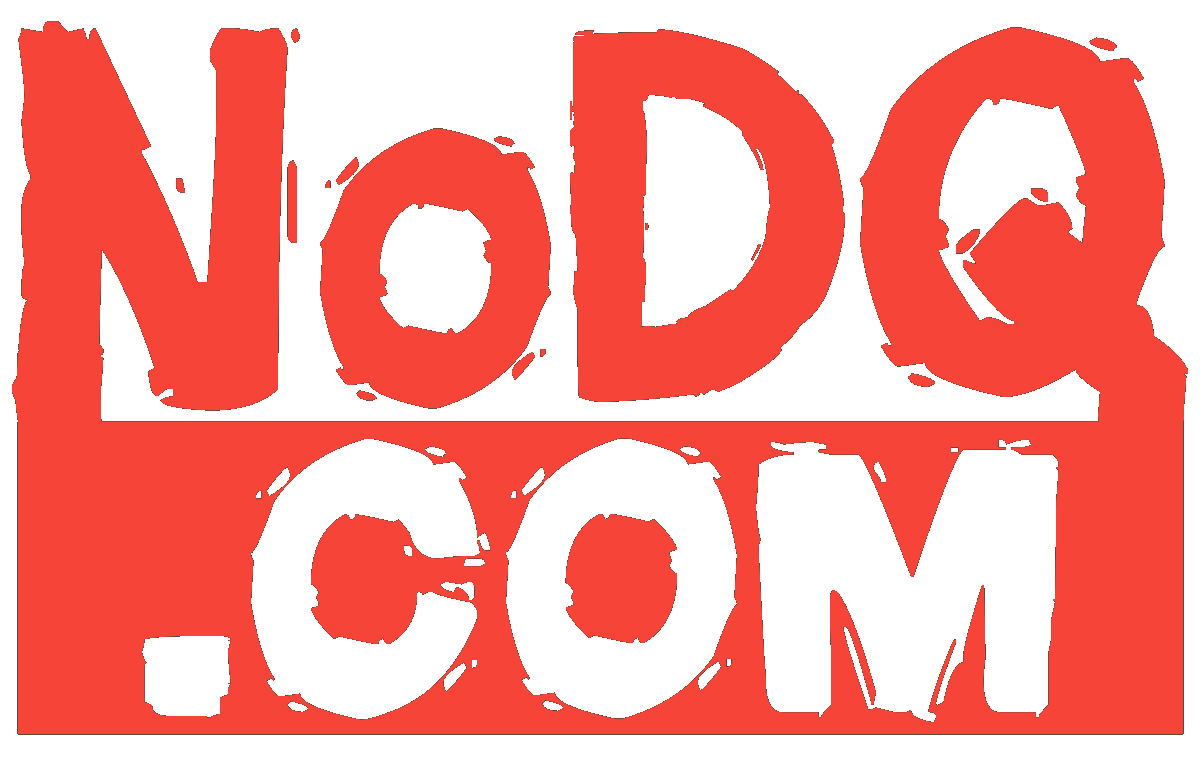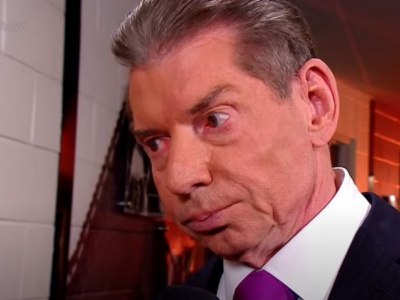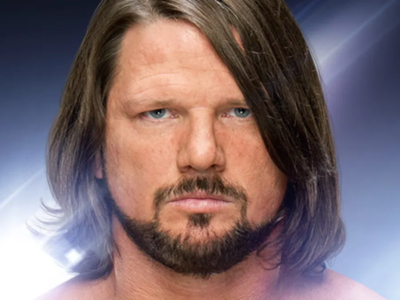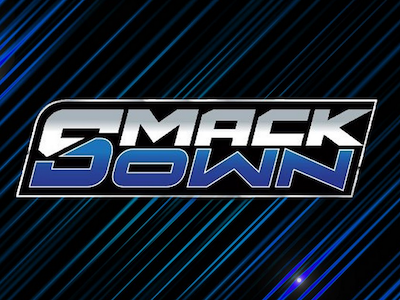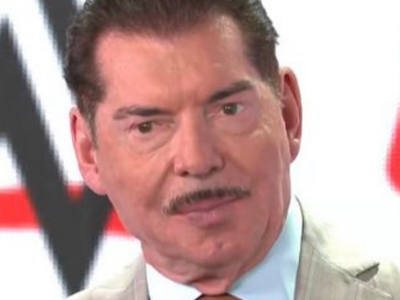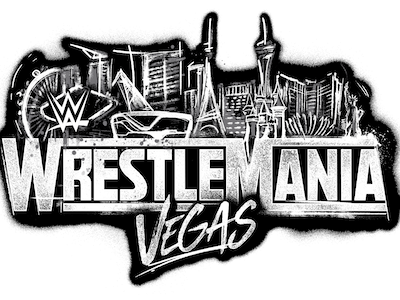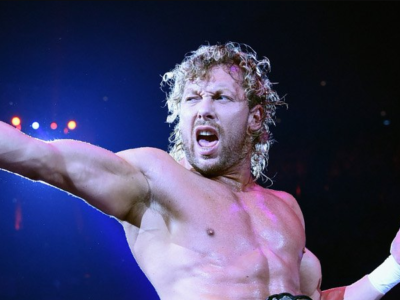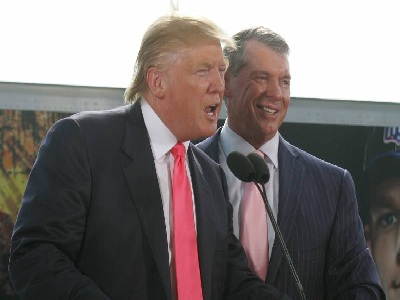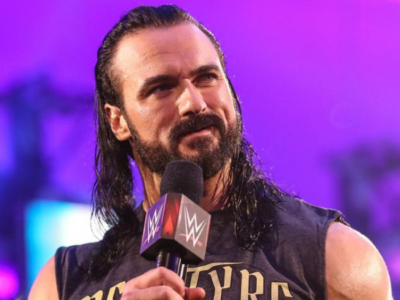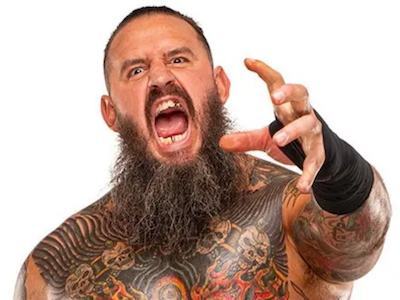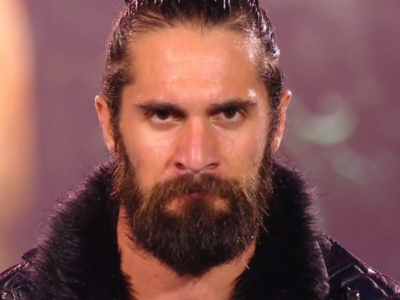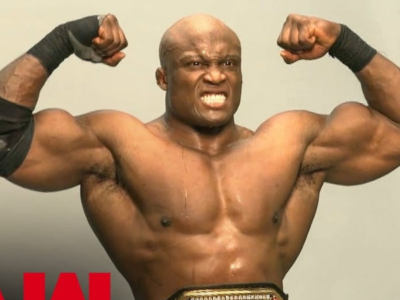A look at representation in wrestling and why it matters
As the years change, so does professional wrestling. Simply put, it has to to remain relevant. I say this is a hardcore fan of the business. Anyone who has been a pro wrestling fan for more than 5 years at this point has to notice that while we are in a place where the in-ring quality is better than it ever has been, it’s cultural relevance is dropping off more and more. Yes, Ric Flair shows up in rap videos. Yes, AEW’s cross promotion on TNT exists. Yes, WWE can get huge celebrity attention for a few weeks with the likes of Bad Bunny but the reality is fewer people are watching wrestling now than they were 5 years ago. One of the key reasons for this is because wrestling no longer speaks to the masses because to the casual fans, pro wrestling is still in the 90s. WWE don’t help themselves with this by wheeling out attitude era stars over and over or reminding you that the past was better than the present but I’d argue that the changes they’re trying to make now (along with other companies) are what will help bring in new fans in the long term.
When I was a kid watching in the late 90s, what drew me to WWE and WCW were the stories and the characters. To me, the NWO, DDP, Sting, Rock, Austin and Jericho were the coolest people in the world. This wasn’t because of their in ring work, it was because of the stories, the narrative and how they were presented. I didn’t care about bad finishes or run-ins, I cared about how I could look up to these cool guys and the stories that were being told. What I didn’t care about was anything to do with the women involved. That might be a brutally harsh thing to say but can you blame me? It was embarrassing to watch women on wrestling shows at this point for the most part. Stripping, bra and panties matches, a middle aged man screaming about “puppies” like a horny teen – none of this made me think “I want to see what these women do next”. I might have been a kid but I couldn’t understand why these things were pushed on tv when frankly, I had access to kick back and just look at porn if I wanted that kind of thing. This was very typical of the “Springer Era” of TV. To the defence of WWF/WCW, this was how you moved the viewership needle back in the late 90s and it was effective. Though it’s fair to say this appealed to one demographic of viewers. This usually came at the expense of actual female talent though.
Chyna, Lita, Victoria and Ivory stood out to me during this period as the only women I was really invested in. It wasn’t because they were attractive, it was because these were characters, driven characters with goals and purpose like their male counterparts. Many women wrestlers of today look back at these women as inspirations and it makes complete sense. These women stood out in spite of the time and had the ability to make crowds want to see them fight. In essence, that’s all that this business is about. More than that, these were people fans could get behind, men and women alike. This however wasn’t the most important thing back then as demos were easier to catch with more people simply watching TV back in the 90s so focus went where things were most popular. For WWE, that basically meant Steve Austin, women in “sexy” situations and an old man’s obsession with fart jokes. You can’t help but wonder how things might have been different if a fraction of screen time were given to women wrestlers back in 2002 rather than a decade and a half of 3 minute matches.
None of this is a criticism of the women who followed but despite making 48% of the viewership, women were not given stars to get behind for over a decade. This is why representation matters. If almost half of your demographic don’t have representation, how do you maintain their interest? If they’re not given decent time, exposure and storylines, how do you keep their focus? Most importantly, if you don’t have women superheroes between the ropes for young girls to look up to, how do you keep their interest in the long run? Bayley and Rhea Ripley are two prime examples of why this is important. NXT loved, absolutely loved to capitalize on one single fan just because she was obsessed with Bayley and would be front and center at Full Sail each show. It might have seemed like pandering but if you think WWE don’t want their child fans to look at their stars like that then you’re just deluding yourself. That fan was a focal point for a reason – they hoped other girls would latch on to Bayley just like that. Rhea Ripley is a similar story. When she defeated Shayna Baszler to capture the Womens NXT Championship, young women were reacting to this in a similar way that young fans reacted to Hogan going over any heel in his prime – just over social media. More importantly, you had a champion in Rhea that men thought was a badass and women wanted to see defeat everyone. This opportunity was so brutally wasted that Rhea became lost. Her momentum in that moment had the potential to grow something and her fall from grace over the next year was so disappointing. To her credit, she’s recovering well but if you look at how people reacted to that title win, you’ll understand the importance of representation.
This kind of conversation goes beyond men and women. The importance of race in these conversations is something that’s far more important than it’s often credited as being. Black athletes are prominent champions in practically any sport you can imagine, just as much as athletes of other backgrounds – so why has wrestling taken so long to do the job? Or, to be more accurate, why has WWE taken so long to get on board? WCW paved the way for African American athletes to carry their company’s championship with Ron Simmons defeating Vader for the belt in 92. Booker T would famously hold the company’s top title 5 times before the championship was retired in 01. TNA/Impact had Ron Killings on top with their top prize around his waist in 02 and first put the belt on Lashley in 2015. When did WWE put their top belt on an African American? 2019. I understand they’ve had other non-white champions hold the WWE championship but in terms of African American WWE Champions, it took the company 56 years to do let an African American hold the company’s top prize. The NWA did this first (while its recognition is debated) in 1962 with Bobo Brazil, 1 year before WWWF’s inaugural champion was crowned. With all that context, does Kofimania not make more sense now? African American’s were sidelined with Intercontinental title runs or, when the company found a new secondary championship, the World title but never the WWE’s top prize. That moment (and later Bobby Lashley’s) meant so much to longtime fans who had felt so marginalised for so long that it only made them want more of the product. They feel seen, they feel heard, they feel a part of the show and they will in turn create new fans because of their investment. Their representation is a huge win for them but it also helps grow the audience in the long term by giving people champions that they can better relate to in some way.
The last demographic that I think deserves to be touched on is the LGTBQ+ community here. While I’m not qualified to talk about these underrepresented groups I can’t imagine being LGBTQ+ and being a fan is an easy feat in any way at all. If one of the most respected men in the industry, Pat Patterson, didn’t feel comfortable publicly being out in the industry then I can’t imagine the struggle that must go on. We’re not that far removed from Chris Kanyon, a gay man worried about how he’d be perceived as a gay wrestler, was put in an angle where he emerged from a closet to get laid out by The Undertaker. The lack of him feeling safe in the industry, the lack of his ability to feel included ultimately lead to his suicide and by simply allowing people like him to feel comfortable in the space, his death could have been avoided so easily. Thankfully, changes are being made right now with the likes of Sonya Deville and Fred Rossiter (formally Darren Young) being relatively big names living openly in front of cameras. Even recently, Toni Storm came out as bi using WWE as a platform and hopefully that voice helps others feel more comfortable in that space. That representation on TV helps people feel more connected to people, more connected to the characters and helps them feel a bit more inspiration from the people they see on their screen. At the very least, it’s a positive move from angles like Billy and Chuck pretending to be gay for tv time, on tv, in story.
Finally, you can’t touch on this topic without calling out how AEW is doing all they can to pave the way for the LGBTQ+ community with the likes of Sonny Kiss getting prominent focus in the inaugural year of the company and most of all, Nyla Rose. The fact that within one year the company would feel confident enough to have the first transgender champion without making a big deal about it gives so much hope for the future. This was a monumental moment that was treated like a normal title change, exactly the kind of treatment something like this needs and deserves. Normalising something that could have been exploited for publicity, this kind of positive representation is a huge deal and one of the many reasons this company is so successful in so many demographics right now. As cheesy as this sounds,professional wrestling is and should be for everybody. What we all love is scripted, pre-determined and planned out in advance. There is no rhyme or reason for wrestlers to be marginalised for not being what pro wrestling was 40 years ago. You can be a wrestling fan, enjoy, and support those outside of what you identify as but having that visibility and representation is an absolute game changer to make you feel like this product is more for you. As the times change so does the talent and the more representation companies show, the more they’ll find a way to make people invest in their product. To write it all off as “pandering to SJWs” or something as small minded as that is nothing short of ignorance. Professional Wrestling is a business that evolves year on year. It only makes sense for the representation, perception and treatment of both its talent and fans evolves along with that. Get on board or simply shut up, step aside and make way.
Thank for reading and if you want to share your thoughts or hear about future content from me first, follow me on twitter @IEZephyr
